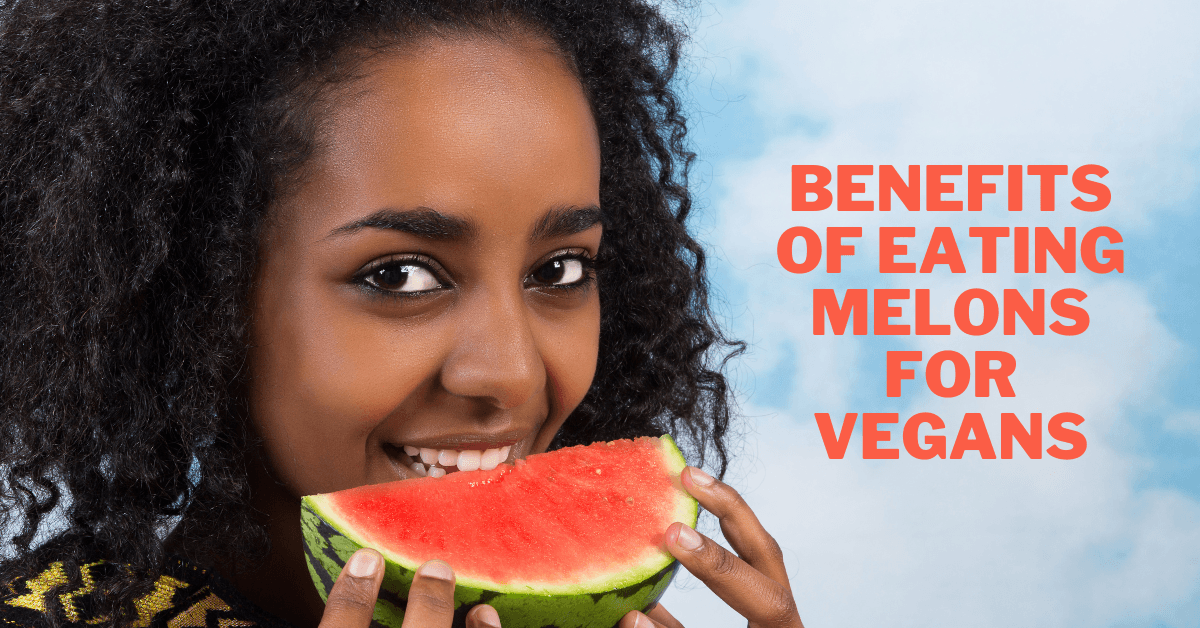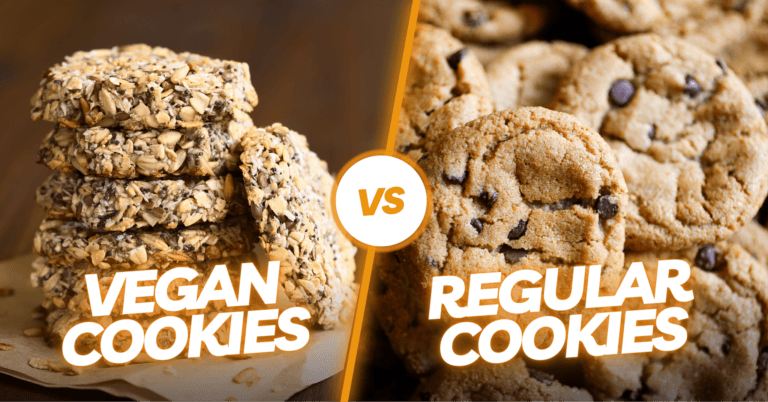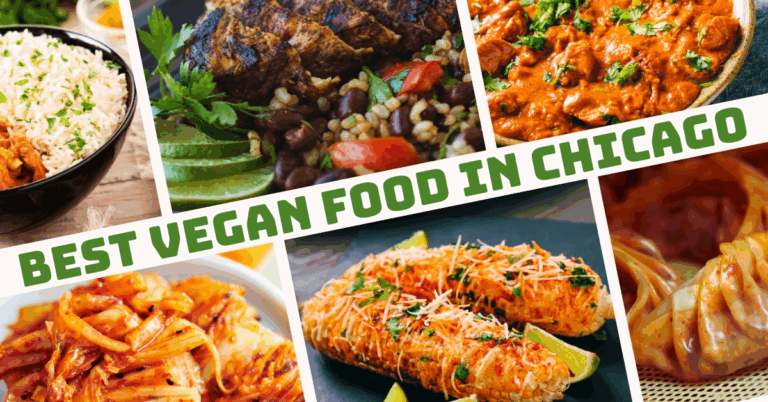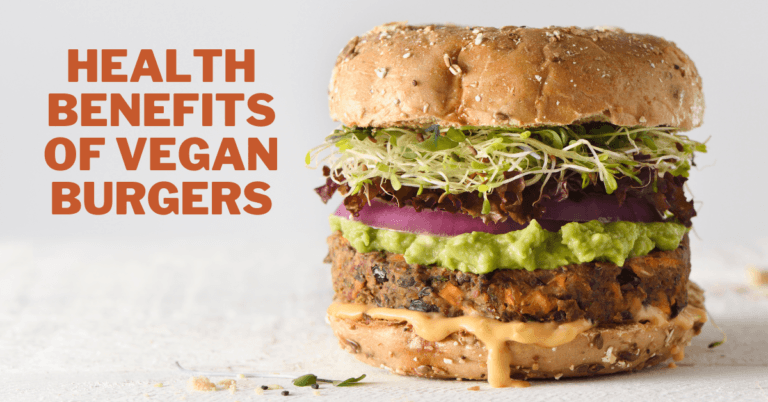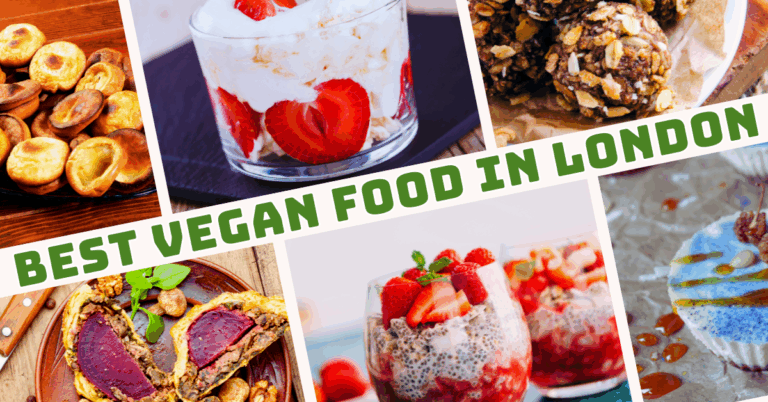Benefits Of Eating Melons For Vegans
Benefits Of Eating Melons For Vegans
Summertime calls for freshness and flavour on your plate, and melons are nature's answer to that craving.
With their high water content and delightful sweetness, these luscious fruits provide a lovely snack and many health benefits for vegans.
Whether you're a long-time vegan or just starting to explore the world of plant-based eating, melons are an excellent addition to your diet.
Melons are a perfect example of the kind of nutrition vegans can relish, from hydrating your body to providing essential vitamins and minerals.
In this article, we'll take a juicy bite into the world of melons, uncovering why these fruits are a must-have for vegans looking to maintain a healthy and vibrant lifestyle.
So, grab your fork and prepare to savour the juicy goodness and fantastic advantages melons bring to your vegan journey.
Nutritional Value Of Melons
The nutritional value of melon, specifically cantaloupe and honeydew varieties, offers numerous health benefits, making it a valuable addition to a vegan diet.
Melon Nutrition (100 grams)
- Calories in Melons: 29 calories
- Carbs: 6.8g
- Fats: 0.1 g
- Protein: 0.5 g
Here's a breakdown of their nutritional components:
1. Vitamins
Melons are a great source of vitamin C, which helps to produce collagen for healthy skin, strengthens the immune system, and improves iron absorption from plant-based diets.
Vitamin A
Cantaloupe melons provide a significant amount of vitamin A, crucial for eye health, immune function, and skin maintenance.
Vitamin K
Vitamin K is present in melons, which are important for bone health and blood clotting.
Folate (Vitamin B9)
Folate in melons is vital for DNA synthesis and repair for vegan women of childbearing age.
2. Minerals
Potassium
Melons are rich in potassium, essential for heart health and blood pressure regulation.
Magnesium
Melons include a moderate quantity of magnesium, which helps maintain healthy muscles and nerves.
Copper
This trace mineral is vital for bone health and the formation of red blood cells.
Zinc
Zinc in melons is necessary for the immune system and wound healing in smaller quantities.
3. Dietary Fibre
Melons are a good source of dietary fibre, supporting digestive health, promoting satiety, and assisting in maintaining a healthy weight.
4. Antioxidants
Melons, particularly those with orange flesh, contain antioxidants like beta-carotene and lutein, which protect cells from oxidative damage, ultimately contributing to overall health.
5. Hydration
Melons are water-rich fruits that aid in hydration, particularly for vegans, given their high intake of plant-based foods.
Incorporating melon into a vegan diet can enhance its nutritional value. Whether enjoyed fresh, added to smoothies, tossed into salads, or used in desserts, melons provide a refreshing and nutritious addition that contributes to a balanced and healthful plant-based diet.
Benefits Of Eating Melons For Vegans
As the sun-kissed days of summer roll in, a fruit stands out in the world of vegan nutrition like a beacon of freshness and flavour – melons.
These juicy, vibrant fruits grace your palate with their natural sweetness and bear a basket of benefits tailor-made for vegans seeking to elevate their health-conscious journey. Vegans can benefit from including melons in their diet for several reasons:
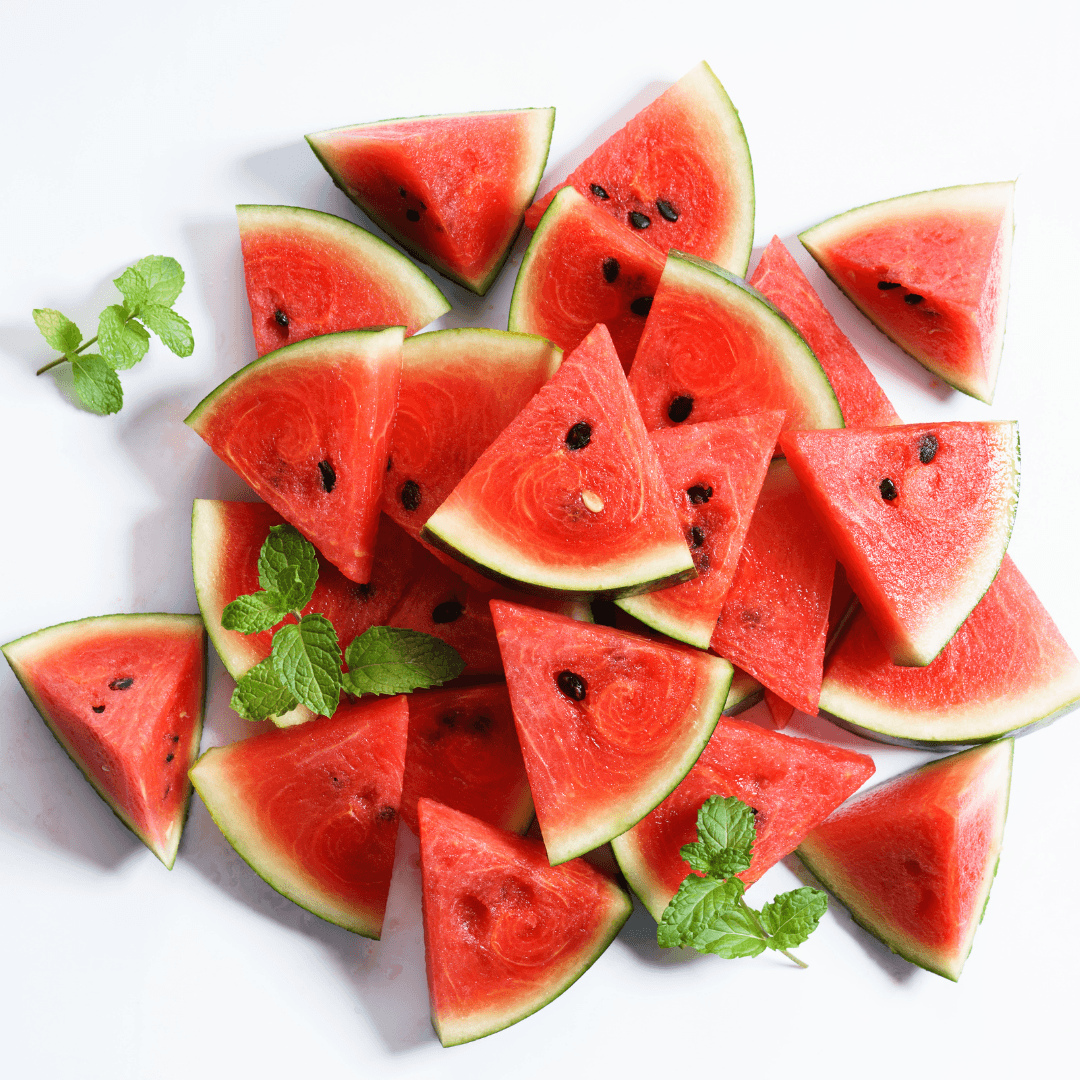
1. Hydration
In the scorching summer heat, when the sun leaves you yearning for relief, melons emerge as nature's hydrating gift to vegans.
Among them, watermelon reigns supreme, boasting an impressive water content of over 90%.
Staying adequately hydrated is a vital aspect of a vegan lifestyle, and these juicy fruits are like your personal water fountains.
They quench your thirst and revitalize and energize you without compromising your commitment to plant-based eating.
In hot weather, the risk of dehydration is heightened, and here's where melons step in as a refreshing saviour.
While they can't replace your daily water intake, they add a delicious and hydrating dimension to your diet.
So, sip on the juiciness of melons, knowing that your body is reaping the rewards of their high water content, all while you continue to embrace the vegan way of life.

2. Low In Calories
Melons are a delicious secret weapon for vegans to maintain a healthy weight without compromising flavour.
These luscious fruits are nature's gift to the calorie-conscious, offering a burst of sweetness without the calorie load of many other treats.
They're light on the calorie scale, so you can relish the juicy goodness without fretting about your waistline.
Whether you are trying to shed a few pounds or keep your diet in check, melons are your go-to snack.
A sweet slice of watermelon or a spoonful of cantaloupe is a taste sensation and a guilt-free pleasure.
Melons are not about deprivation but about savouring the wholesome deliciousness that nature provides.
So, let your taste buds revel in the natural sweetness of melons while your waistline cheers for their low-calorie charm. Your vegan journey to weight management just got a whole lot more delectable.
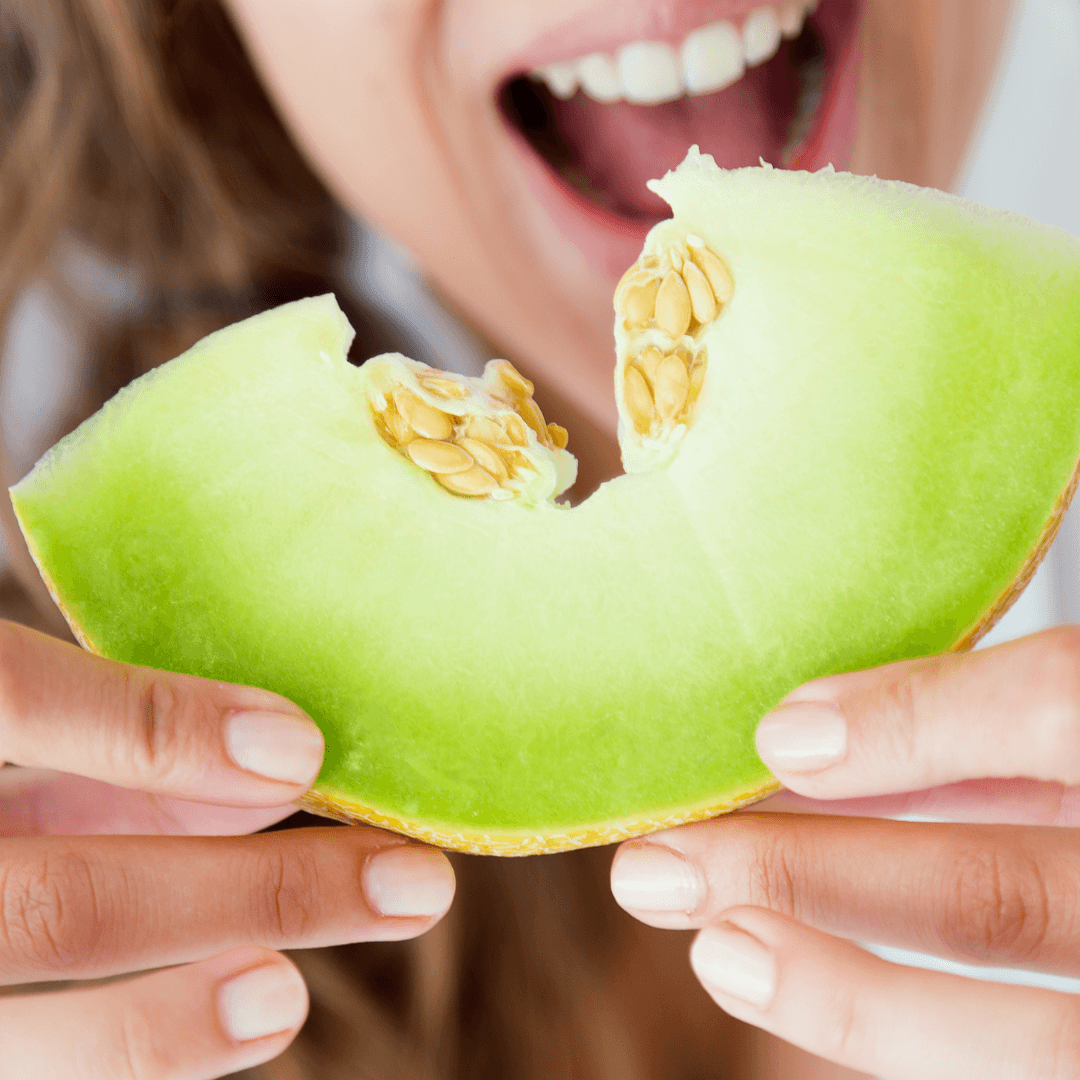
3. Rich In Nutrients
Melons are an irresistible treat for your taste buds and a treasure trove of essential nutrients that can elevate your overall health.
Bursting with vitamin C, a potent antioxidant, melons strengthen your immune system, helping you ward off illnesses.
Additionally, they're rich in vitamin A, thanks to the beta-carotene they contain, which plays a pivotal role in maintaining healthy eyes and skin.
These fruits are also an excellent source of potassium, essential for regulating blood pressure and supporting heart health.
And let's remember folate, a B vitamin in melons crucial for various bodily functions, including DNA synthesis and repair.
These nutrients make melons a flavourful addition to your vegan diet and a powerful ally in enhancing your overall well-being.
So, indulge in the juicy goodness of melons, knowing that each sweet bite is packed with health-boosting vitamins and minerals, making them a delicious and nutritious choice for every vegan.
4. Digestive Health
Maintaining a healthy digestive system is vital for overall well-being, and melons are here to lend a hand or bite.
Loaded with dietary fibre, they act as natural digestive aids for vegans. Fiber is like the broom for your digestive tract, helping sweep away waste and supporting regular bowel movements.
This is particularly important for vegans, who typically embrace a diet rich in plant-based foods known for their fiber content. By indulging in melons, you're giving your gut the attention it deserves.
Melons not only promote smooth digestion but also prevent uncomfortable constipation. So, while you savour the sweet juiciness of melons, remember that you're also nurturing your digestive health, a crucial component of your overall well-being.
This makes melons an excellent addition to your vegan menu, ensuring you feel light, comfortable, and energized, no matter what delectable dishes you explore in your plant-based journey.
5. Antioxidants
In the realm of nutrition, melons are like a treasure chest brimming with antioxidants, and for vegans, this is a golden find.
For example, the vibrant orange flesh of a cantaloupe is a telltale sign of the potent antioxidant beta-carotene.
This antioxidant superhero gives the melon its characteristic colour and helps combat oxidative stress within your body.
As a vegan, you know the significance of antioxidants in maintaining your overall health. These tiny warriors work tirelessly to neutralize harmful molecules known as free radicals, which can cause cellular damage and contribute to chronic diseases.
You provide your body with a natural defence mechanism by including antioxidant-rich melons in your diet.
With every juicy bite, you're helping protect your precious cells and ensure your health thrives. It's another reason to relish melons' sweet, refreshing taste and embrace them as a valuable addition to your vegan lifestyle.

6. Natural Sweetness
Melons present a guilt-free delight for vegans with a sweet tooth. The natural sweetness of melons is a boon for those who prefer healthier snacks and dessert alternatives.
This delectable sweetness is not the result of added sugars but rather a gift from Mother Nature.
The sugars in melons are primarily fructose, which offers a pleasant, satisfying sweetness without the need for processed or refined sugars.
This aspect of melons makes them a delightful and nutritious treat that vegans can indulge in.
Whether you want a slice of juicy watermelon on a scorching summer day or a fresh bowl of mixed melon chunks, you can relish the sweet, delectable flavour without compromising your commitment to a healthy vegan diet.
So, the next time you yearn for something sweet, reach for a slice of melon and savour nature's candy guilt-free.
7. Vitamin A
Vitamin A shines brightly as an essential nutrient in the world of vitamins, and melons, especially those rich in beta-carotene like cantaloupe, bring this vital vitamin to the vegan table.
Beta-carotene, a natural pigment that gives these melons their vibrant orange hue, is converted into vitamin A in the body, making it a valuable addition to a vegan diet. Vitamin A plays several crucial roles, benefiting vegans in various ways.
Firstly, it's a vision booster, supporting healthy eyes and aiding in low-light vision. This is particularly important for vegans who rely on plant-based sources of vitamin A.
Secondly, vitamin A is a key player in immune function, strengthening the body's defence mechanisms and helping vegans ward off illnesses.
Lastly, it contributes to skin health, giving vegans a radiant, glowing complexion.

8. Skin-Friendly
Melons, often regarded as a summertime delight, hold a special secret beyond their refreshing sweetness – they are a beauty boon for vegans.
In plant-based diets, where nourishing the body is a top priority, melons act as skin-friendly powerhouses.
Their abundant store of antioxidants, particularly vitamins A and C, makes them a must-have for those vegans seeking healthy, radiant skin.
Vitamin C, in generous amounts in various melon varieties, plays a pivotal role in skin health. It's a natural collagen booster, an essential protein that maintains skin's suppleness and youthfulness.
Like anyone conscious of their skin's well-being, Vegans can harness the beauty benefits of vitamin C from melons.
Its collagen-boosting action not only promotes skin elasticity but also aids in the repair of damaged skin cells, helping vegans maintain a youthful and radiant complexion.
9. Refreshing Summer Option
When the summer sun beats down, melons come to the rescue as a refreshing and hydrating option for vegans.
These juicy fruits are delicious and an excellent source of hydration, which is crucial during hot weather.
Watermelon, in particular, takes the crown with its high water content, providing a natural and rejuvenating way to beat the heat. Slice up some cold watermelon on a scorching day, and you'll instantly feel refreshed and invigorated.
Whether enjoyed as a midday snack or incorporated into your favorite summer salads, melons are a delightful and nutritious choice that helps vegans stay cool, hydrated, and ready to embrace the season's sunny days.
Preparing And Consuming Melons As A Vegan
For vegans, the preparation and consumption of melons are delightful endeavours that bring a burst of freshness to their diets.
The process begins with carefully selecting ripe melons, characterized by their sweet fragrance, symmetrical shape, and a slight give when gently pressed. Here are a couple of vegan recipes that feature melon:
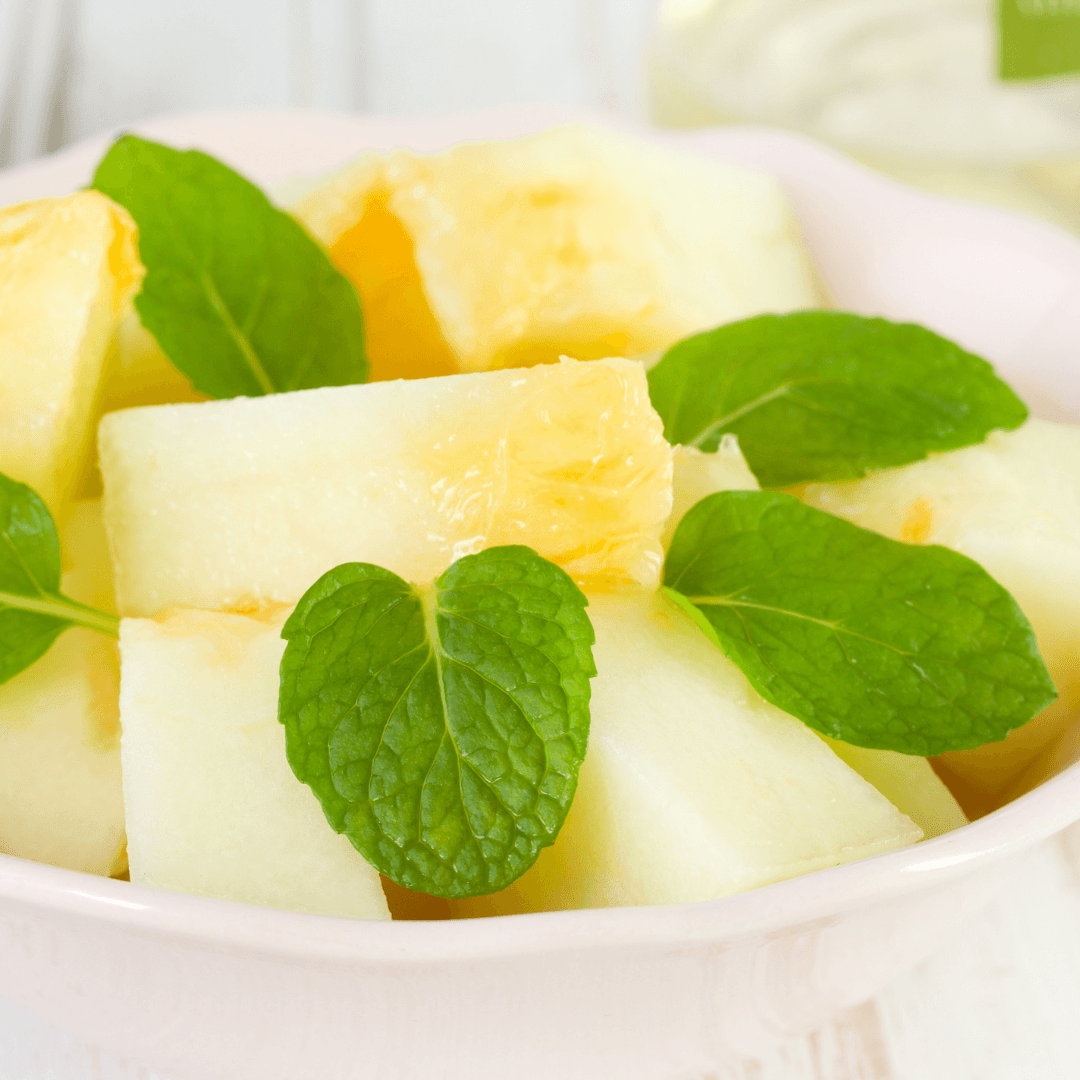
1. Melon And Mint Salad
Ingredients
- Watermelon: ½, cubed
- Cantaloupe: ½, cubed
- Fresh mint leaves
Method
- Combine the cubed watermelon and cantaloupe in a large bowl.
- Tear fresh mint leaves and sprinkle them over the melon.
- Toss gently to mix the flavours.
- Refrigerate for a refreshing and cooling salad.
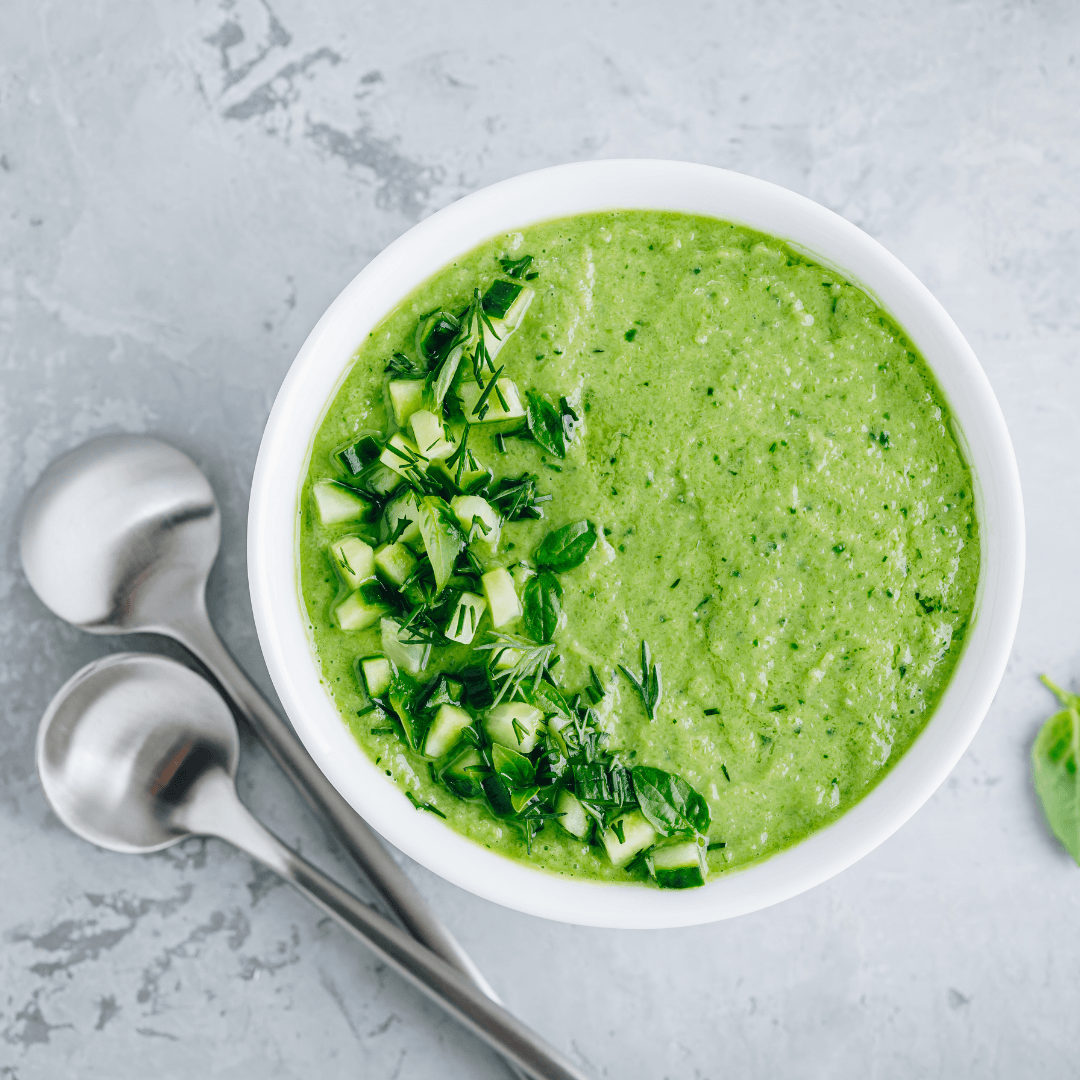
2. Melon And Cucumber Gazpacho
Ingredients
- Honeydew melon: 2 cups, cubed
- Cucumber: 1 cup, cubed
- Green bell pepper: ½ cup, chopped
- Red onion: ¼ cup, chopped
- Garlic: 2 cloves, minced
- Fresh lime juice: 2 tablespoons
- Fresh cilantro: 1 tablespoon
- Sea salt and pepper to taste
Method
- Place the honeydew melon, cucumber, bell pepper, and red onion in a blender.
- Blend until smooth.
- Add the minced garlic, lime juice, and cilantro. Blend again.
- Season with salt and pepper.
- Refrigerate for a few hours before serving for a refreshing cold soup.
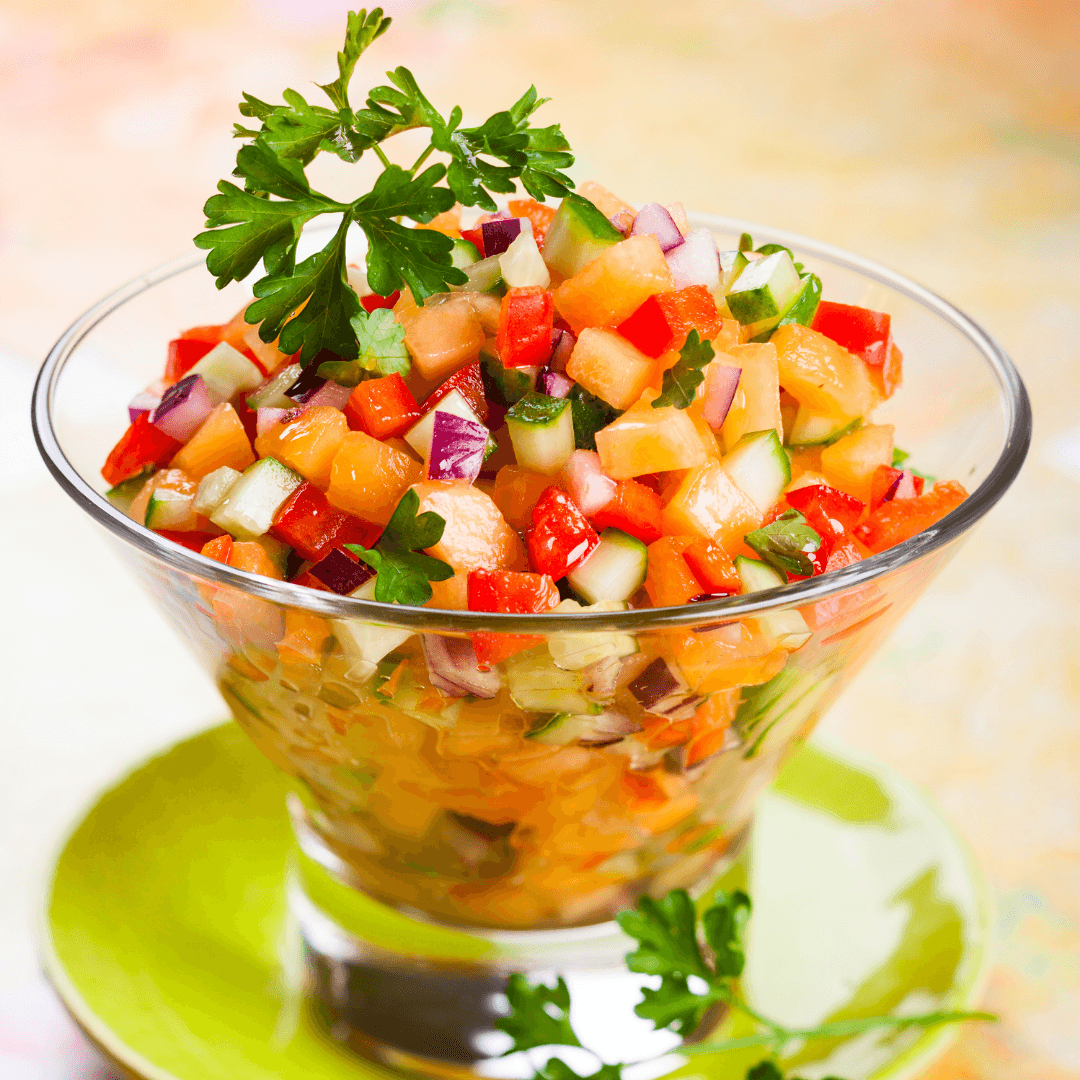
3. Melon Salsa
Ingredients
- Mixed melon: 2 cups, diced (watermelon, cantaloupe, honeydew)
- Red onion: ½, finely chopped
- Fresh cilantro: ½ cup, chopped
- Jalapeño pepper: 1, finely chopped (seeds removed for less heat)
- Lime: 1, juiced
- Salt to taste
Method
- Combine the diced melon, chopped red onion, cilantro, and jalapeño in a bowl.
- Squeeze fresh lime juice over the mixture.
- Add a pinch of salt to taste.
- Serve as a refreshing topping for tacos, grilled tofu, or as a dip with tortilla chips.
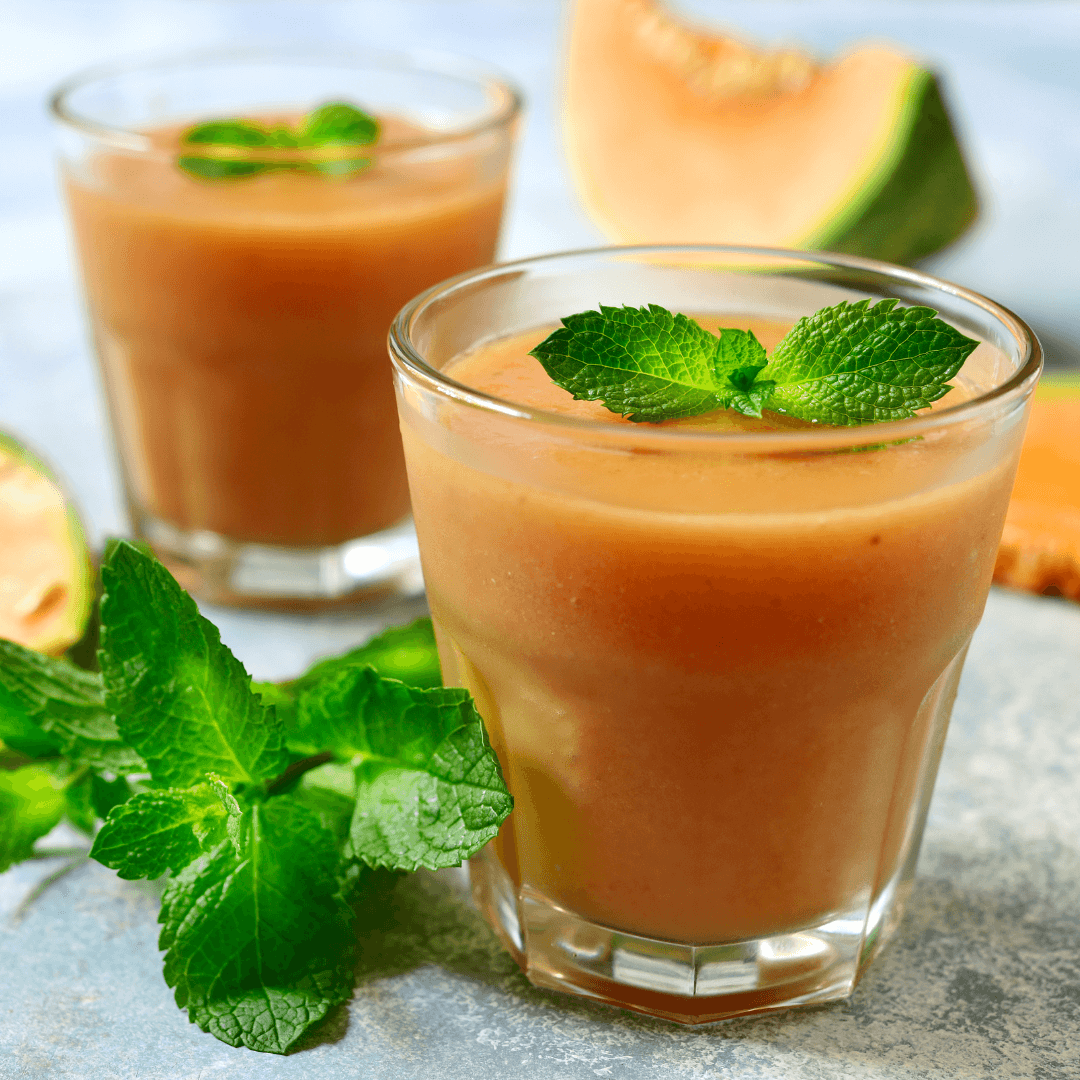
4. Melon Smoothie
Ingredients
- Cantaloupe or honeydew melon: 1 cup, cubed
- Ripe banana: 1
- Unsweetened almond milk (or any plant-based milk): ½ cup
- Maple syrup: 1 tablespoon (optional)
- Ice cubes
Method
- Place the melon, banana, almond milk, and maple syrup (if desired) into a blender.
- Add some ice cubes.
- Blend until smooth.
- Pour into a glass and enjoy a refreshing melon smoothie.
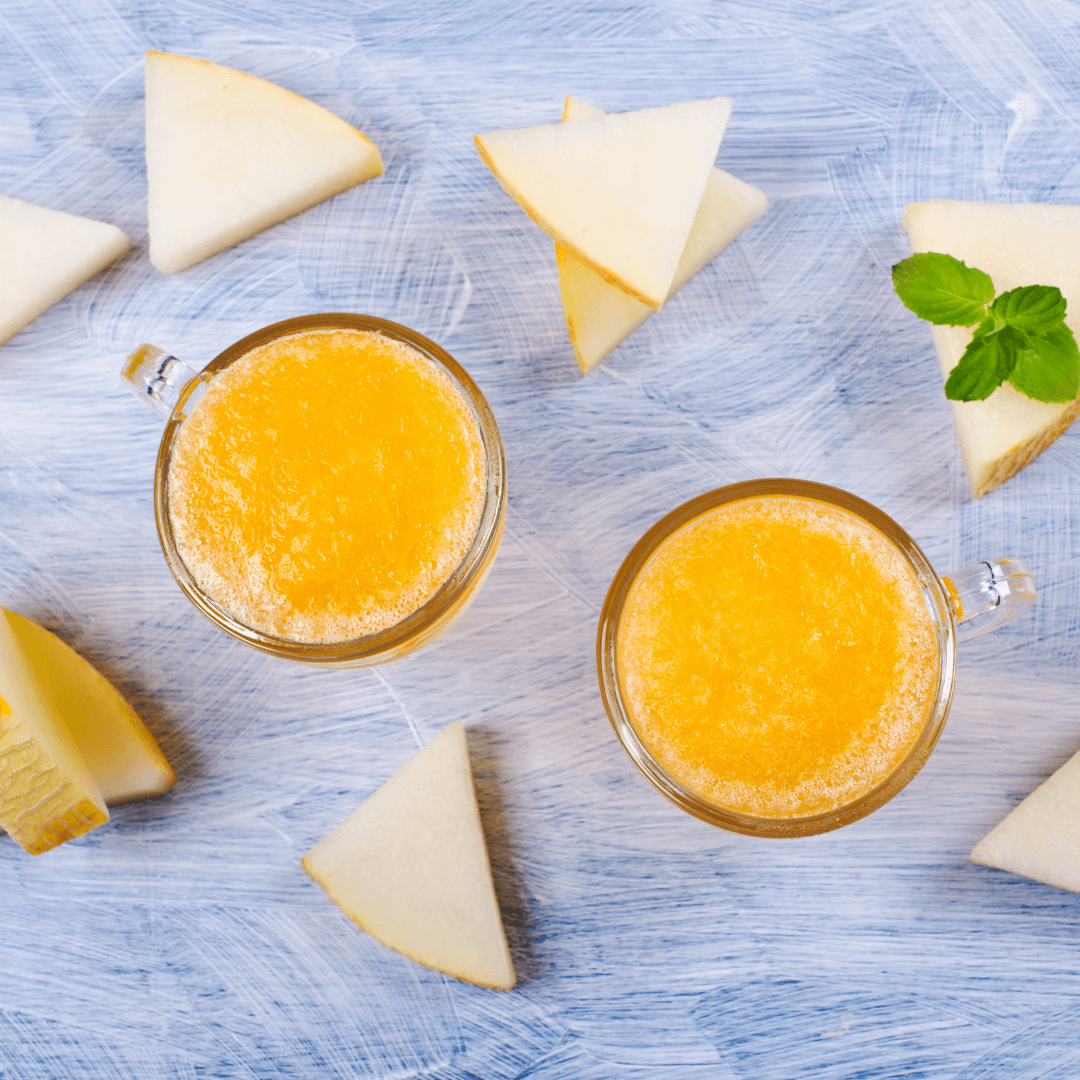
5. Melon Sorbet
Ingredients
- Watermelon: 2 cups, cubed
- Cantaloupe: 2 cups, cubed
- Lime juice: ¼ cup
- Agave syrup or maple syrup: ¼ cup
Method
- Place the melon cubes in a blender.
- Add lime juice and agave syrup.
- Blend until smooth.
- Place a shallow container with the mixture inside, then freeze for at least four hours.
- Scoop out and enjoy homemade melon sorbet.
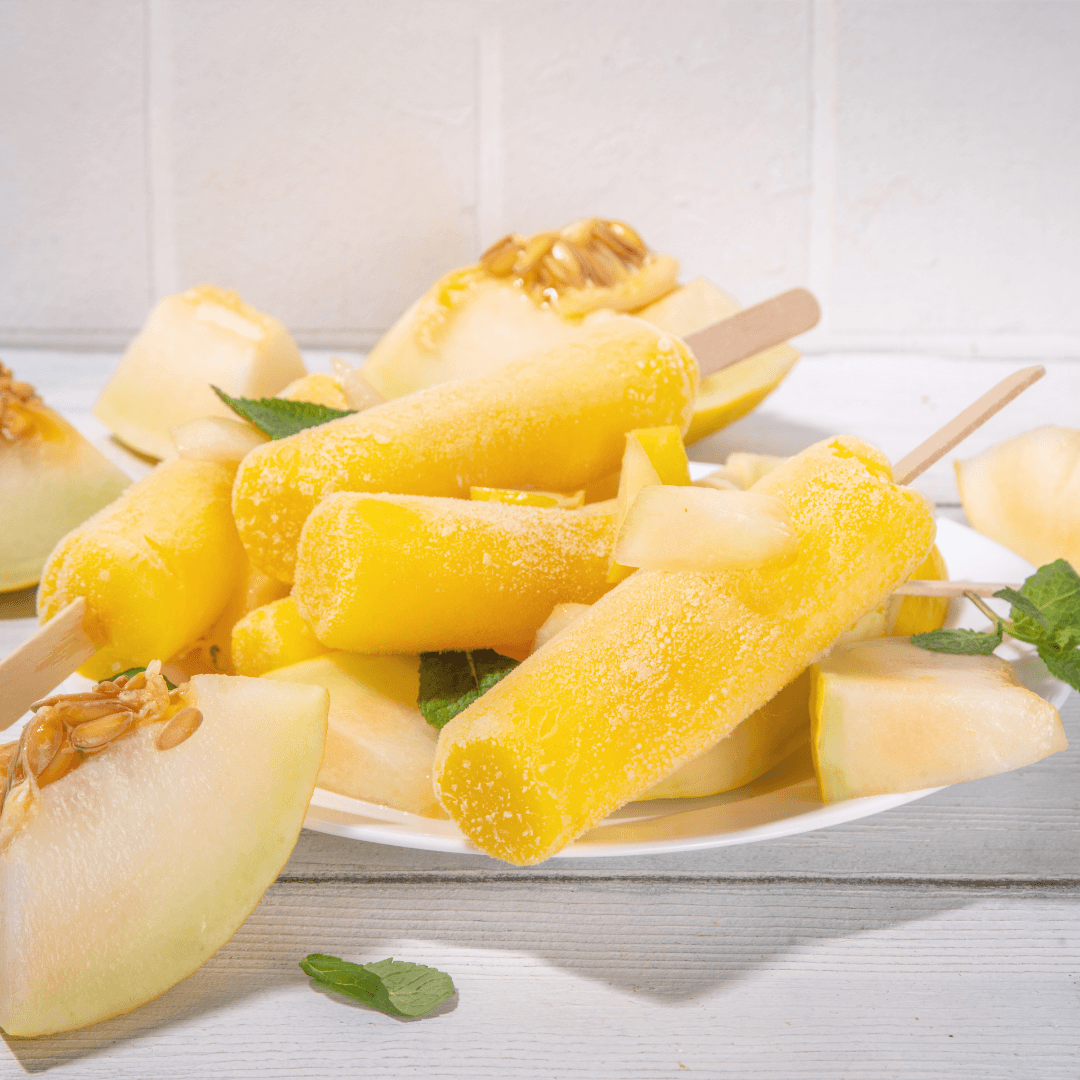
6. Melon Popsicles
Ingredients
- Watermelon: 2 cups, cubed
- Honeydew melon: 2 cups cubed
- Fresh lime juice: ¼ cup
- Agave syrup or maple syrup: ¼ cup
Method
- Blend the melon cubes, lime juice, and sweetener until smooth.
- Pour the mixture into popsicle moulds.
- Insert popsicle sticks and freeze them for several hours until they are solid.
- Enjoy refreshing melon popsicles on a hot day.
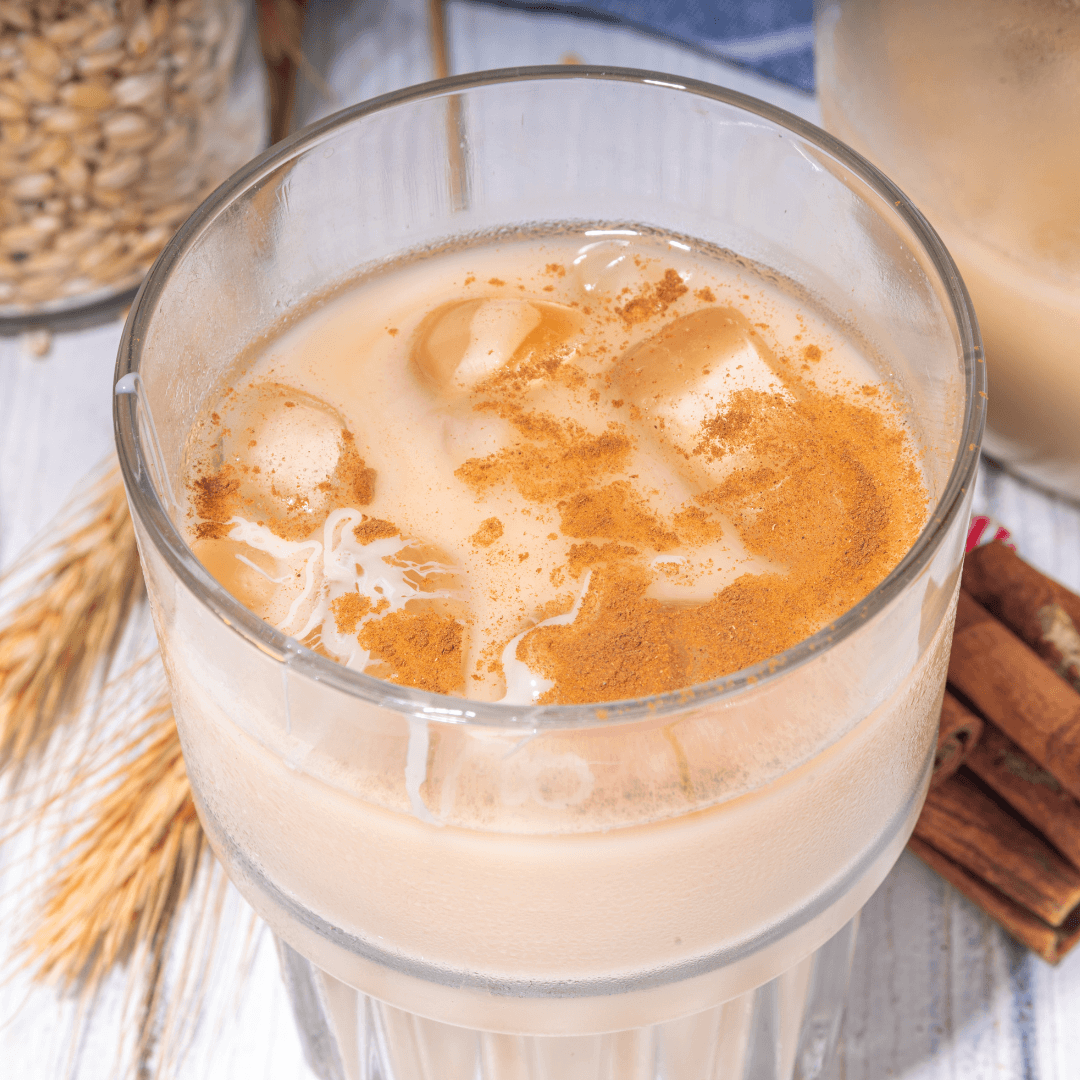
7. Melon Agua Fresca
Ingredients
- Seedless watermelon: 4 cups, cubed
- Lime: 1, juiced
- Agave syrup: 1-2 tablespoons (adjust to taste)
- Fresh mint leaves: 4-6 or more to taste
- Ice cubes
Method
- Combine the watermelon, lime juice, and agave syrup in a blender.
- Blend until smooth.
- Add mint leaves and pulse a few times.
- Serve the agua fresca over ice for a cool and refreshing drink.
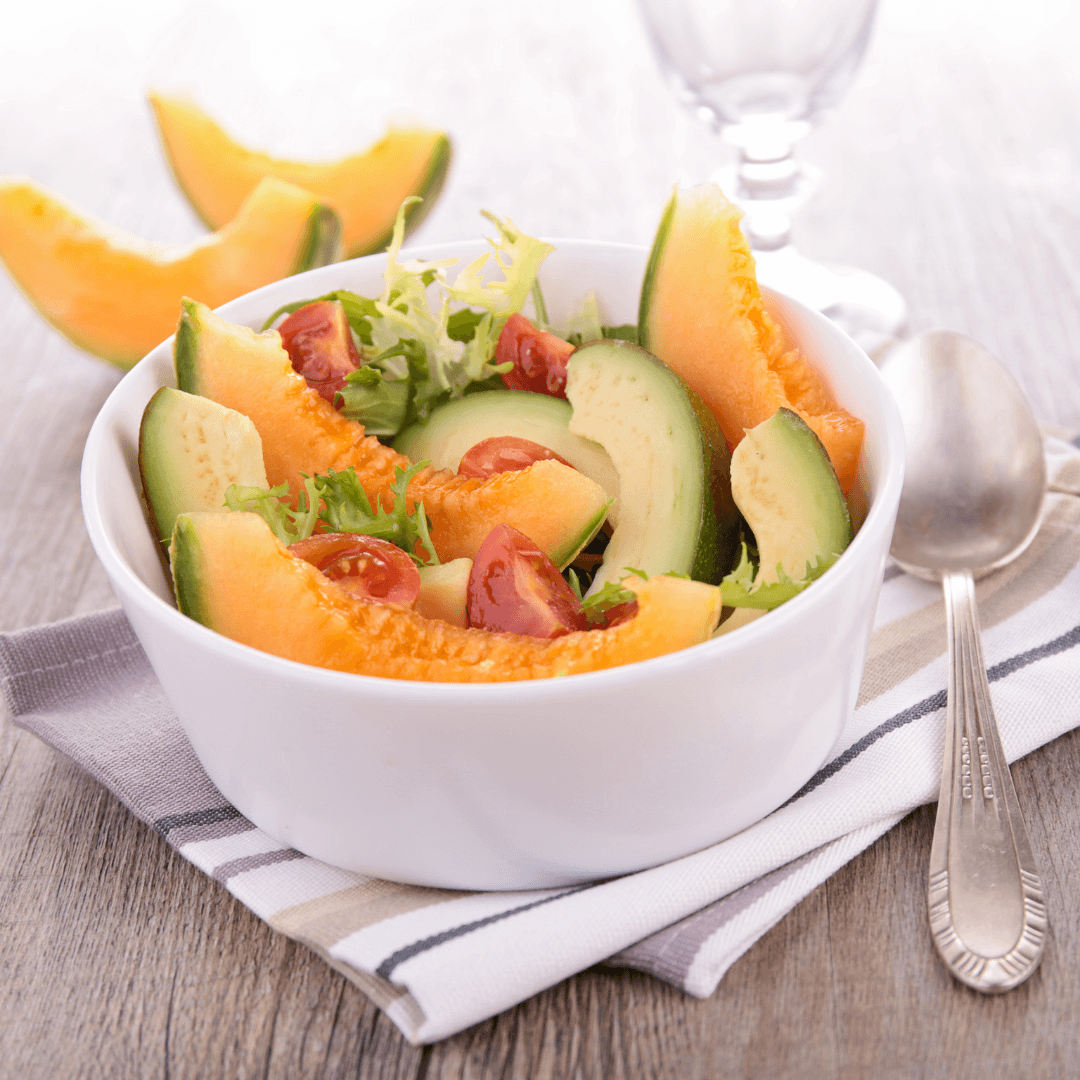
8. Melon And Avocado Summer Rolls
Ingredients
- Rice paper wrappers
- Mixed greens: 2 cups
- Honeydew or cantaloupe melon: ½ cup, cubed
- Ripe avocado: ½, sliced
- Fresh mint leaves
- Cooked rice noodles (optional)
- Peanut sauce or sweet chilli sauce for dipping
Method
- Lay a rice paper wrapper flat after giving it a few minutes of warm water to soften it.
- In the center, add a handful of mixed greens, melon cubes, avocado slices, mint leaves, and rice noodles.
- Fold the sides in and roll up the wrapper tightly.
- Repeat with the remaining ingredients.
- Serve with your choice of dipping sauce.
These unique recipes offer creative ways to enjoy melon in savoury and sweet dishes, making it a versatile and delicious addition to your vegan menu.
Conclusion
Melons offer a delightful and nutritious addition to a vegan diet. Their hydrating properties, low-calorie nature, and wealth of essential vitamins and minerals make them a valuable choice for seasoned vegans and those new to the lifestyle.
Whether enjoyed as a snack, part of a meal, or in a refreshing smoothie, melons are a versatile and health-conscious choice that aligns perfectly with the principles of veganism.
Adding melons to your vegan diet provides flavour and many health advantages. So, melons are your go-to choice whether you're sipping on a watermelon smoothie in the morning or indulging in a fruit salad for dessert.
They are a delightful way to stay hydrated, manage your weight, and boost your nutrient intake, all while adding a natural and wholesome sweetness to your vegan meals.
With their benefits, melons prove that veganism can be ethical, environmentally responsible, and a delicious journey to wellness.
So, savour the succulent taste of melons and reap the rewards they offer for your health and vegan lifestyle.
I thoroughly enjoyed writing this post on the Benefits Of Eating Melons For Vegans, and I trust you enjoyed reading it, too.
JeannetteZ
>>>Please click here to read my Vegan Travel Guides To World Destinations<<<
>>>Want To Learn How To Create Delicious, Cruelty-Free, Healthy AND 100% Vegan Meals? Try These Awesome Vegan Cooking Courses With A Free 7-DAY MEMBERSHIP<<<
Your Opinion Is Important To Me
Thoughts? Ideas? Questions? I would love to hear from you. Please leave me your questions, experiences and remarks about the Benefits Of Eating Melons For Vegans in the comments section below. You can also reach me by email at Jeannette@livingtheveganlifestyle.org.
Disclosure
This post may contain affiliate links. I earn from qualifying purchases as an Amazon Associate and other affiliate programs. Please read my full disclosure.
Here are links to some of my favourite articles:
8 Amazing Vegan Apple Recipes For Your Kids
Keep The Doctor Away By Eating An Apple A Day
The Top Benefits Of Eating Deliciously Ripe Bananas
Living The Vegan Lifestyle – A Guide
Amazing Health Benefits Of A Raw Vegan Diet

